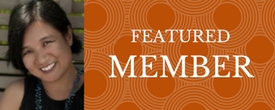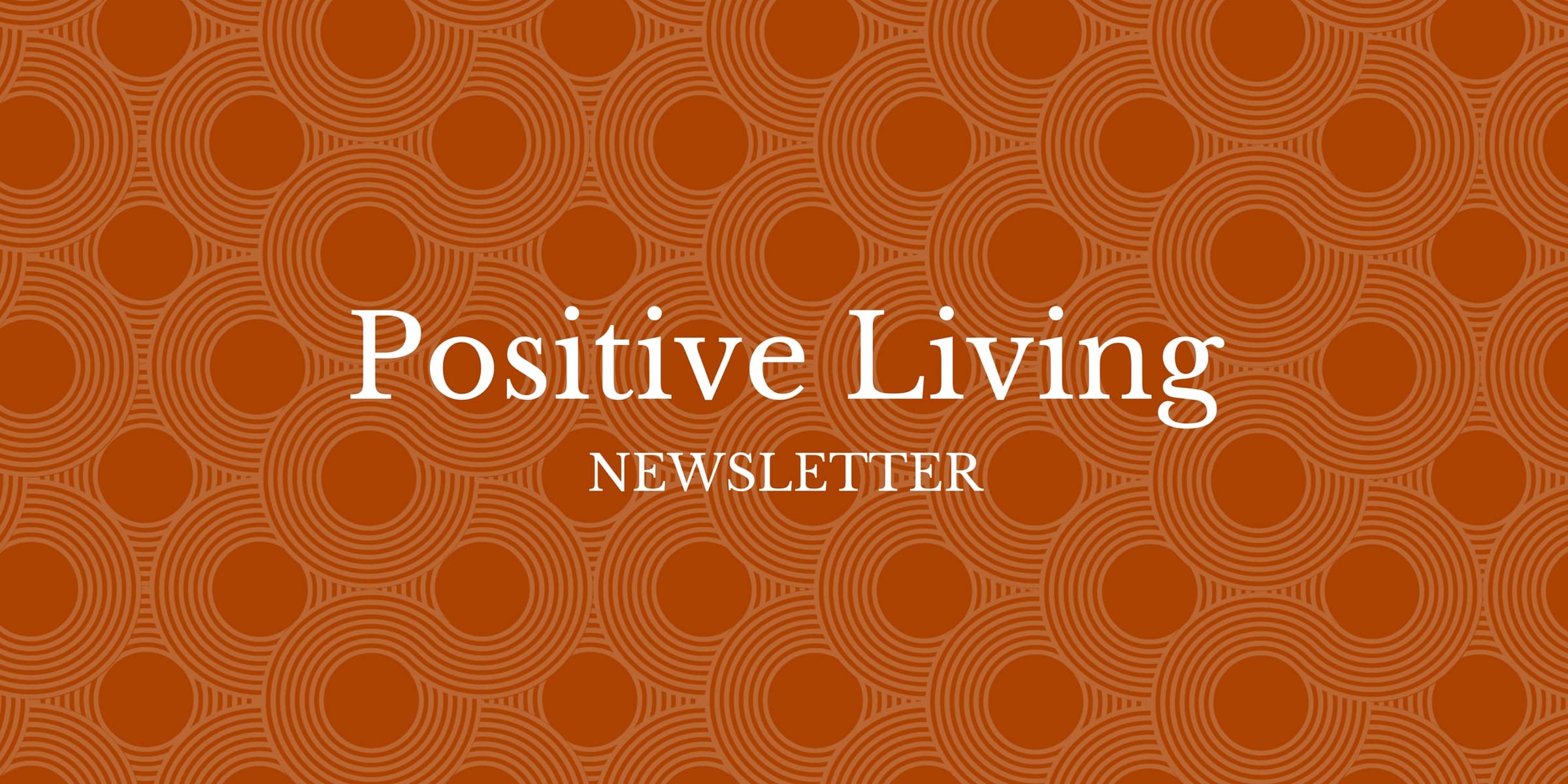Submitted by Rachel Newton for the Positive Living Newsletter (November 2017). Read the rest of the newsletter here.

What do you do with a psych degree if you don’t think you can be a psychologist?
How about gaining experience to add hard business skills to a generalist degree?
Then, try a number of jobs and careers from customer service, reception, office admin, tech support,
Finally, to make things really interesting, you could live in different cities all over the world.
And the timeline for this: a mere 2 decades!
This is the recipe for how not to manage a career aka, career un-management.

Here is the introduction I shared with a group of students last week teaching my first course in Strategic Career Management at Simon Fraser University as a guest instructor. The objective of this exercise was to help students learn how to tell their Career Story, in order to ultimately support their clients in creating the narrative of their own Career Story.
My philosophy formed in supporting thousands of hours of clients is to “know where you have been, so you can have clarity around where you want to go”. Ultimately, a Career Story will become a Career Management Story
At the risk of dating myself, in 2009, I was on my way to achieving what I thought was my career goal. I was a Marketing Manager in a start-up tech company in Vancouver. Within less than 18 months, I was also desperately unhappy, disillusioned, overwhelmed, and burned out. In less than a year, I had moved from being part of the 10-20% of engaged professionals to the 80-90% status quo of disengaged workers. I saw the familiar pattern unfolding where I would be forced to seek a new role in the next 12 months—that was my MO: to change jobs/careers every 1-3 years. This time, however, I chose to be strategic about my next career move because I was not getting any younger. It was going to take me too long to keep trying to do this on my own, so I worked with a career
In 2010, I pursued my studies as a Professional Counsellor/Psychotherapist to
This was the rest of my rollercoaster,
In my capacity as a Personal and Career Counsellor and Coach, my passion and motivation is to accompany clients on their journey to create balance for personal and/or career themes. My goal is to create a world where 80-90% of people are meaningfully engaged in their lives and careers. I collaborate with clients, assisting them to live and work with a sense of what is meaningful to them; to discover their purpose and experience sustainable fulfillment. As a result of my own tumultuous career background, and with my extensive work and life experience, one main focus is to support clients to manage change and transition. The tools and techniques I use offer them a better understanding of the underlying patterns of behaviour that can stop them moving forward despite their desire to live differently. I am guessing this phenomenon may resonate with your own personal and client experiences?

I have been attending the INPM Meaning Conferences since 2014—the last time it was here in Vancouver. Attending the INPM conferences, I am continually emotionally and intellectually blown away by the high
It was a challenging, but stimulating experience to be part of the IMEC conference in the UK in July this year. I was a late addition on the panel for the Symposium: Employee Engagement and Organizational Effectiveness. My fellow WAM colleagues each gave up some precious minutes to allow me the honour to be one of the panel presenters. The controversial topic of Employee Engagement and the nebulous lack of definition in this space was an area I introduced my students to last night! I am excited for the 2018 Meaning Conference here in Vancouver again; to reacquaint with my INPM friends and colleagues and meet new ones. To be fully absorbed into the eudaimonic atmosphere that you all create spontaneously by your own commitment to personal meaning, modelling to me what it means to research and work in the Meaning arena and what catalyzes when devoted individuals coalesce into a Community.
As an active WAM member, I sustain the profound connection that I have with the greater INPM Community. When I said yes last year to this opportunity, I was not sure what to expect. I did not anticipate that my selfishness and curiosity to be more Meaning-Centric would support me in growing my business and my personal capacity. How about you? What will you
If you are even remotely intrigued, I encourage you to join me as a member of the Work and Meaning Division!

 Meaning Conference 2025 will be the INPM’s first in-person conference with a virtual option after the pandemic.
Meaning Conference 2025 will be the INPM’s first in-person conference with a virtual option after the pandemic.